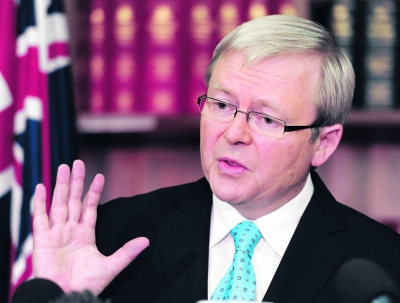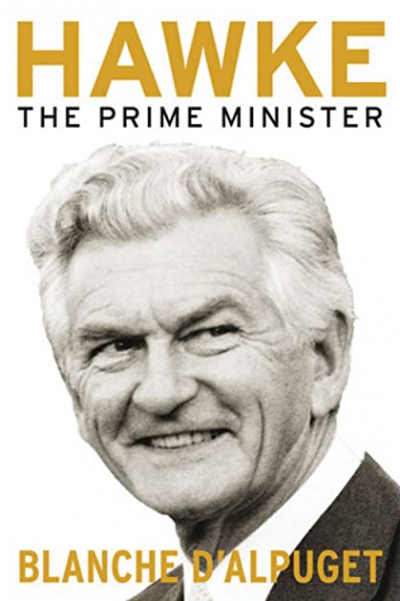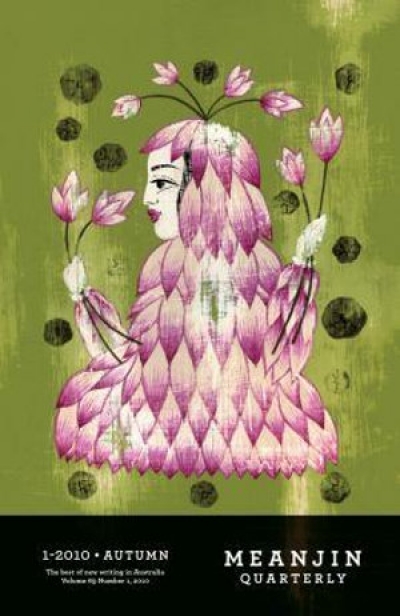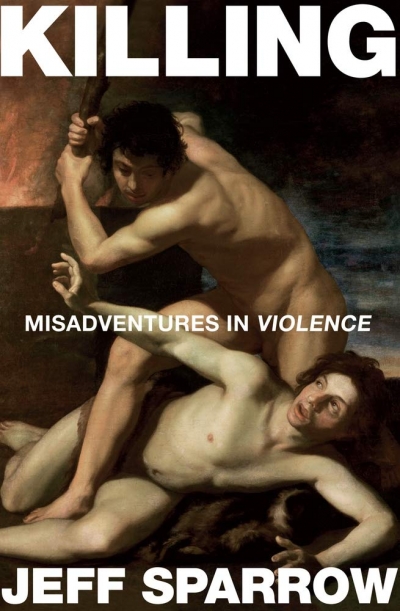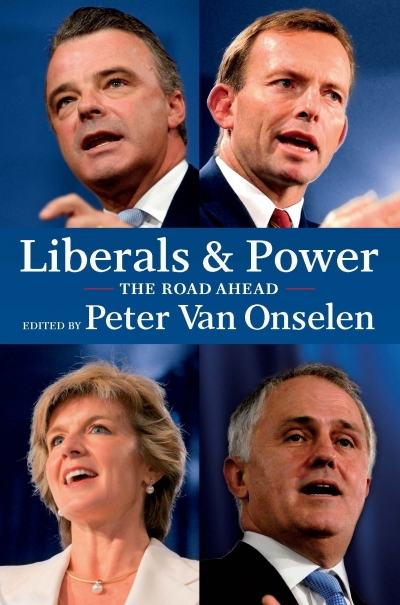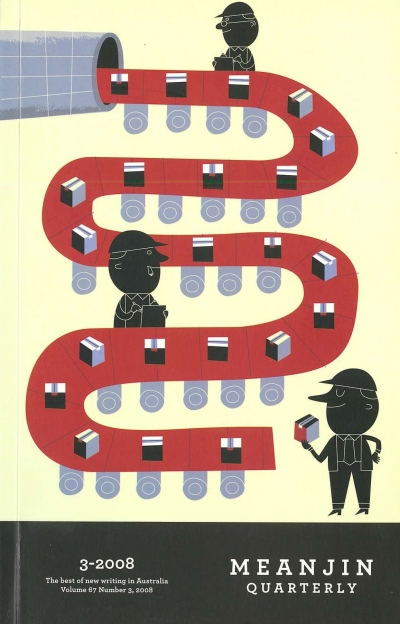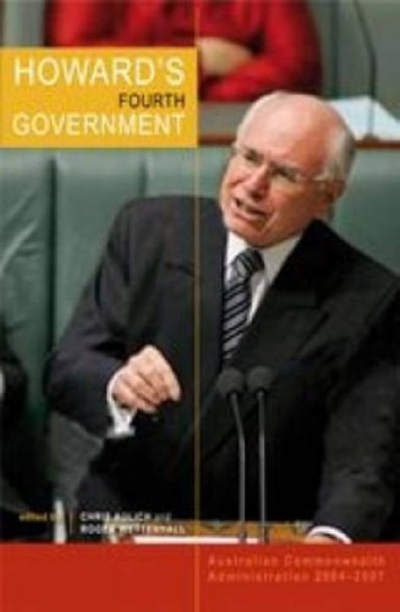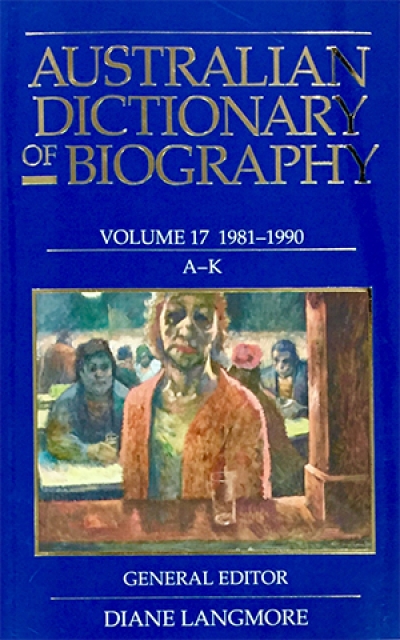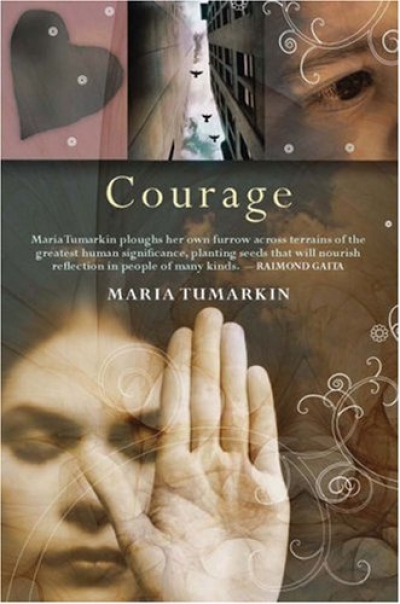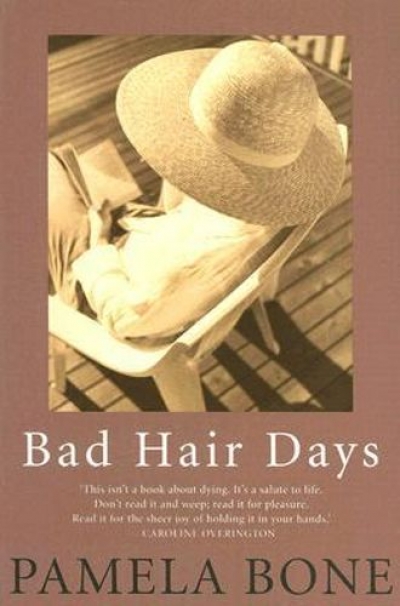Melbourne University Press
The political assassination of Kevin Rudd will fascinate for a long time to come. As with Duncan’s murder in Shakespeare’s play it was done, as Lady Macbeth cautioned, under ‘the blanket of the dark’, literally the night of 23–24 June 2010. The assassins heeded Macbeth’s advice: ‘if it were done when ’tis done, then ’twere well it were done quickly.’ And as in Macbeth, the assassins were in the shadow of the throne. Even the old king approved: Bob Hawke, himself deposed in 1991, recognised at last that the removal of a Labor prime minister is sometimes necessary.
... (read more)Killing: Misadventures in violence by Jeff Sparrow
by Elisabeth Holdsworth •
Liberals and Power: The road ahead by Peter van Onselen
by Norman Abjorensen •
Howard’s Fourth Government by Chris Aulich and Roger Wettenhall (eds) & Inside Kevin 07 by Christine Jackman
by Norman Abjorensen •
Australian Dictionary of Biography Vol. 17, 1981–1990, A–K edited by Diane Langmore
by Geoffrey Blainey •

